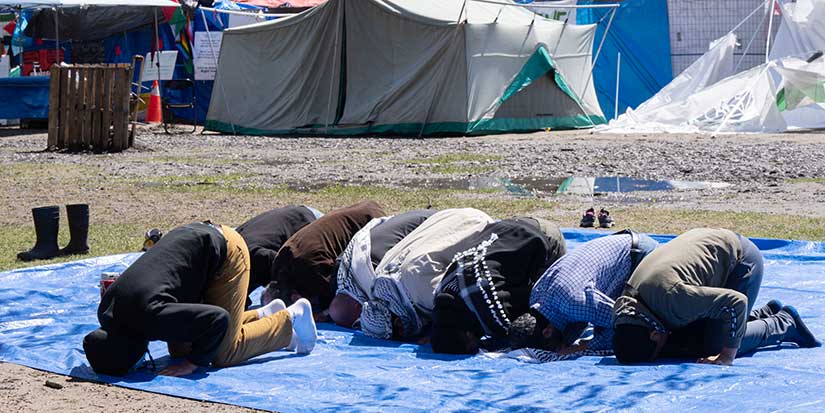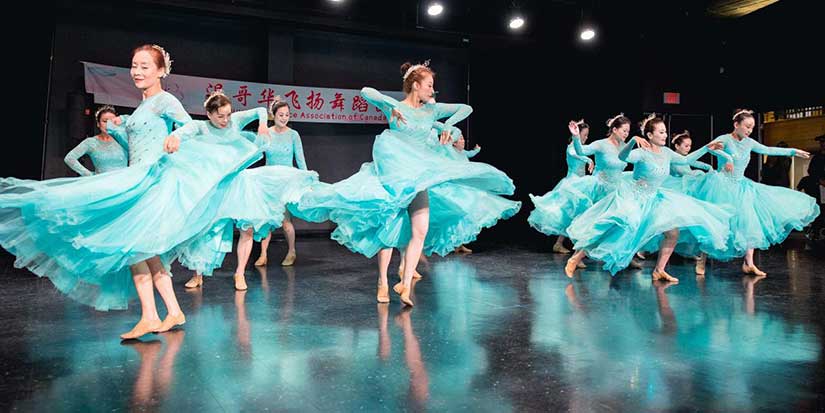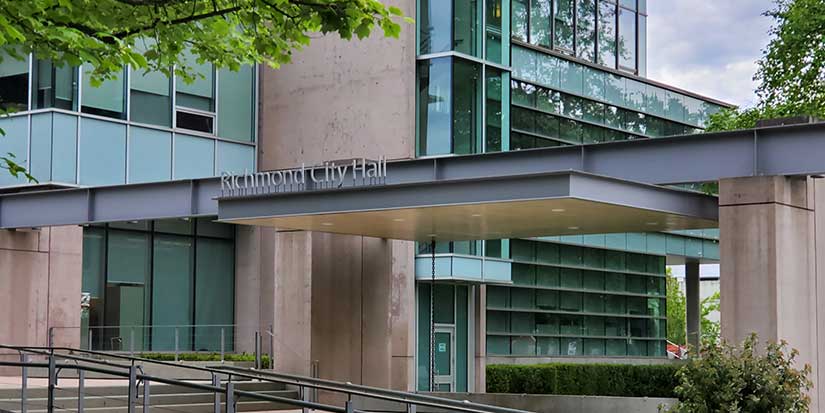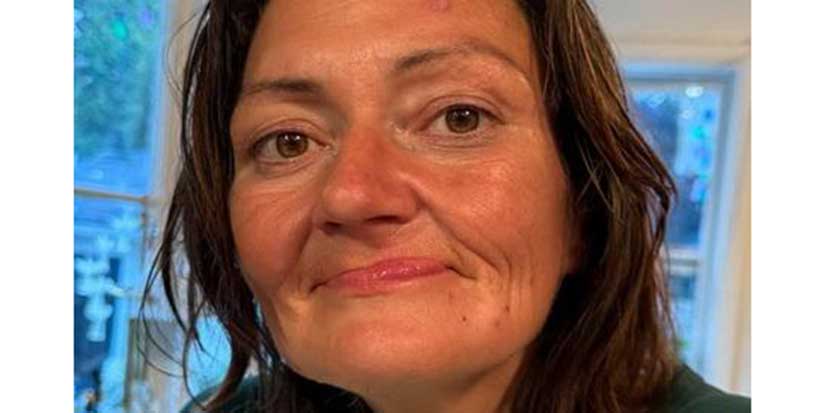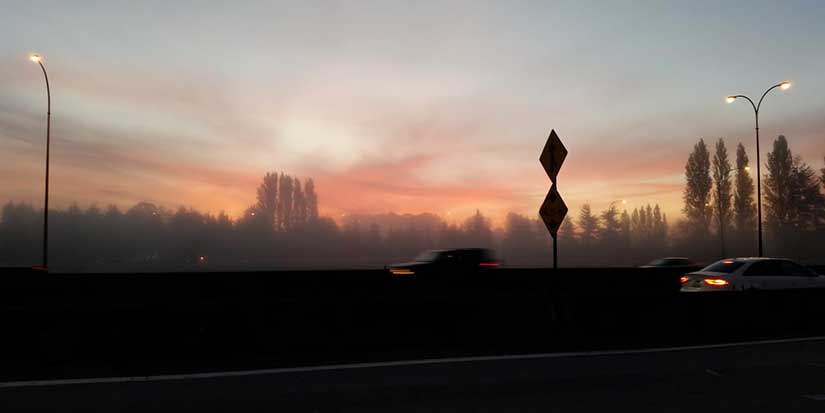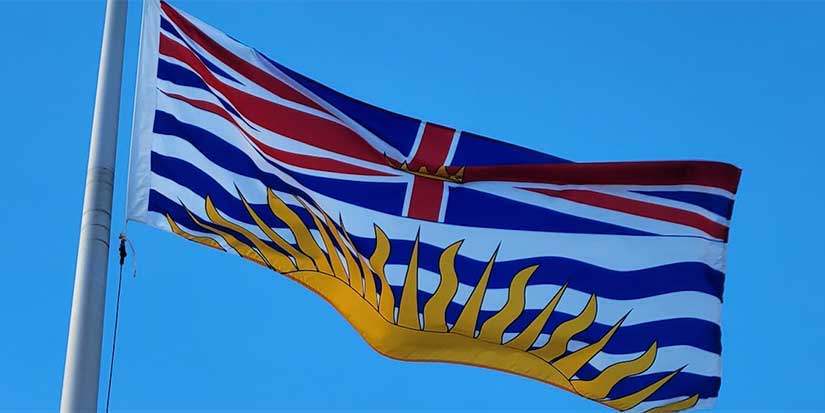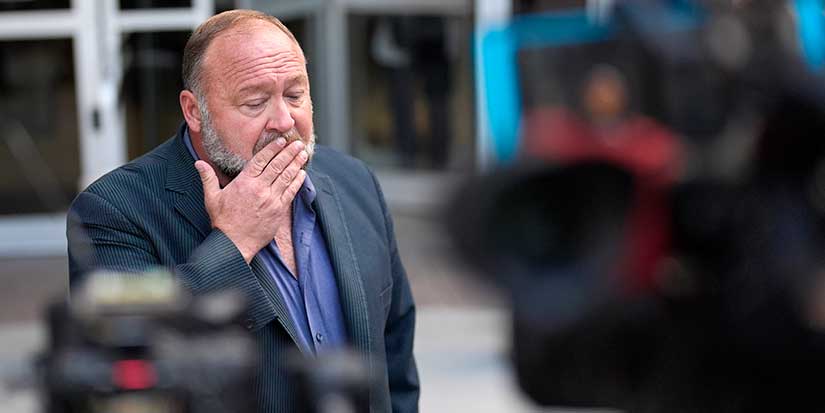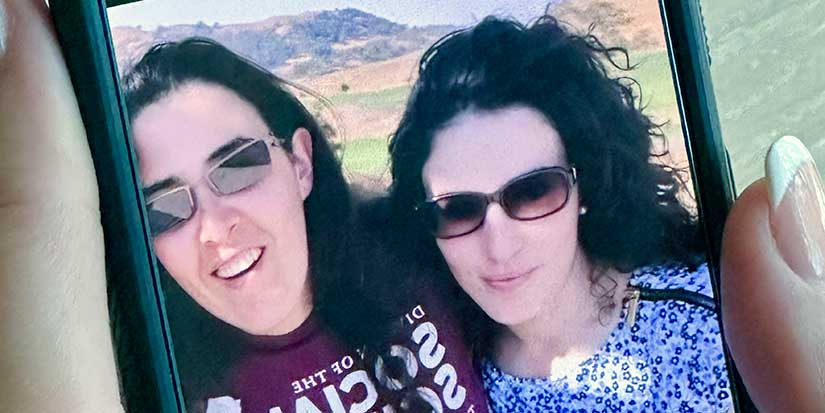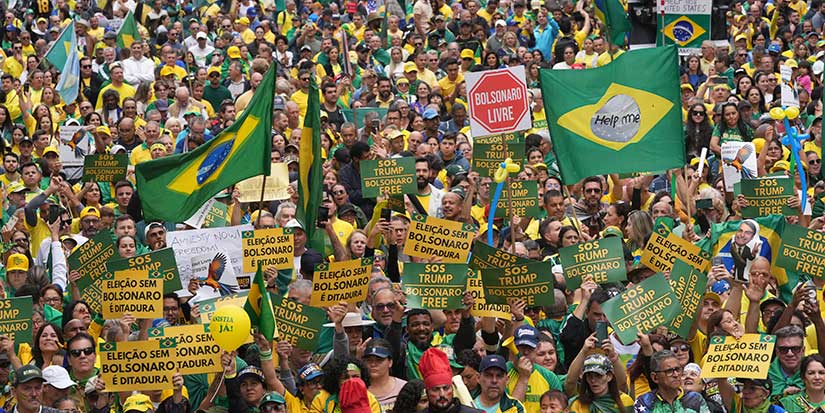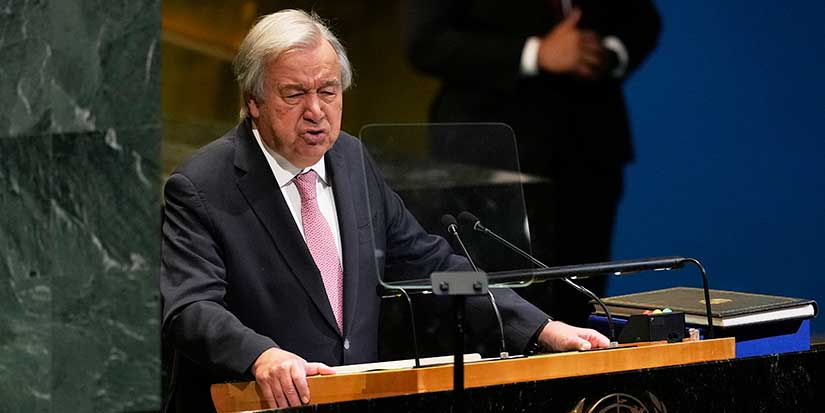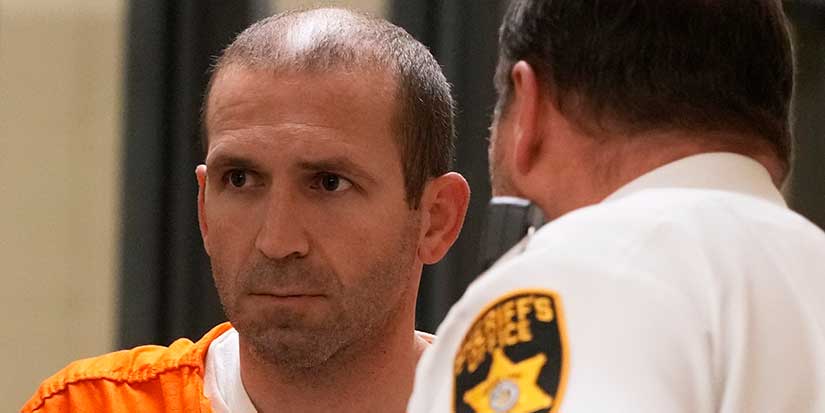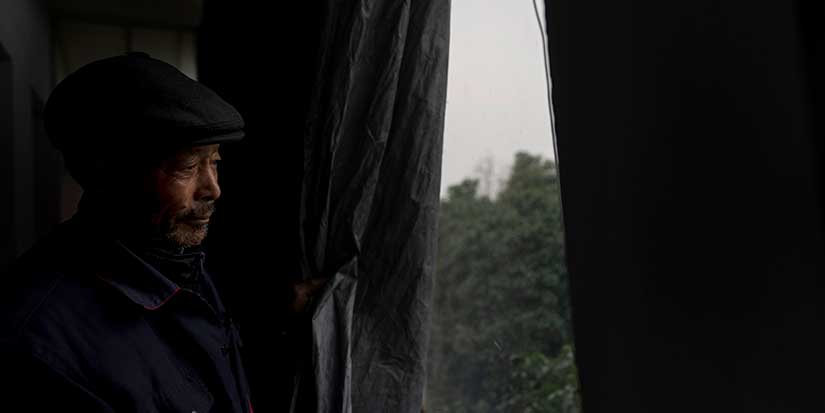National News
Quebecers have strongest opinions against public prayer, Leger poll suggests
Published 11:31 PDT, Tue September 9, 2025
Last Updated: 2:45 PDT, Tue September 9, 2025
—
Quebecers support a ban on public prayer more than anywhere else in the country, says a new poll published this week.
The Leger poll surveyed Canadians across the country after the Quebec government announced it would ban prayer in public places as part of a move to strengthen secularism in the province. Overall, the poll found that 26 per cent of Canadians supported a ban, while in Quebec, 43 per cent of respondents said organized prayers in public spaces should never be permitted.
Secularism Minister Jean-François Roberge said in August he would table legislation this fall to outlaw the practice.
Sébastien Dallaire, executive vice-president at Leger, said in an interview that Quebec's proposed legislation prompted a look at what the sentiment was in the rest of Canada.
The Léger numbers show how the views of Quebecers contrast with the rest of Canada.
"What we see is a plurality, if not a majority in most provinces who are saying ... it should be permitted, but what with certain limits," Dallaire said.
Overall, the poll found that 19 per cent of Canadians believe public prayer should always be permitted, while 45 per cent, believe prayers should be permitted under certain specific circumstances.
Quebec had the lowest support for prayers being permitted all the time in the country at 12 per cent, while 38 per cent said they should be allowed under specific circumstances.
"Where we see the biggest difference — and it's not surprising considering the political debates — is Quebecers are much more likely than other Canadians to say it should never be permitted," Dallaire said.
"That proportion goes into the relatively low 20s in the rest of Canada, so that's a pretty big gap, but on the others, Quebec is not that different."
The provincial government's proposal comes amid simmering tension in Quebec over Muslim prayers taking place as part of pro-Palestinian demonstrations, including in front of the Notre-Dame Basilica in Montreal.
"The rise of street prayers is a serious and sensitive issue in Quebec," Roberge said in a written statement.
"Last December, our government expressed its unease with this growing phenomenon, particularly in Montreal."
In an op-ed in La Presse, Archbishop Christian Lépine said legislation would violate freedoms that are guaranteed by the Quebec and Canadian Charter of Rights and Freedoms.
"These texts affirm that religious freedom is not confined to places of worship: it is an integral part of living together," Lépine wrote. "Restricting prayer to the private sphere would amount to reducing the space of freedom for all of society."
The head of the archdiocese of Montreal also questioned how prayer could be distinguished from silent contemplation for example. Applying the ban would be arbitrary and would "fuel mistrust and prejudice."
"How can we legislate on an intention, a murmur, an inner thought?," Lépine asked. "And above all, who would decide what is prayer and what is not?"
He noted a number of Catholic traditions would be in jeopardy.
And Muslim groups and civil liberties groups have also denounced the attempt to legislate. The Canadian Civil Liberties Association said the proposed measure "clearly violates freedom of religion, freedom of expression, freedom of peaceful assembly, and freedom of association."
Dallaire noted the separation of church and state has been far more prevalent in Quebec since the 1960s and 1970s, and during periods like the Quiet Revolution.
There have also been heated debates over two decades about issues like Bill 21 — the province's secularism law — and the Parti Québécois's so-called Charter of Values before that.
"So there's a political aspect to this that is different in Quebec, relative to the rest of Canada," Dallaire said.
The online survey polled 1,592 people between Sept. 5 and Sept. 7 and can't be assigned a margin of error.
– Sidhartha Banerjee, The Canadian Press
